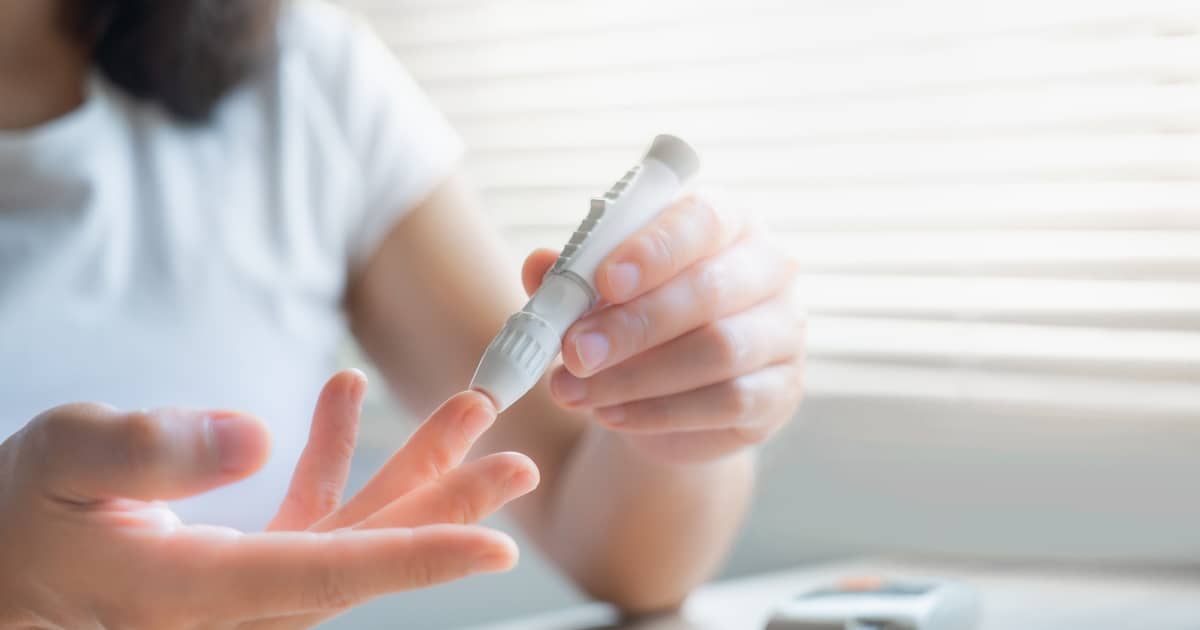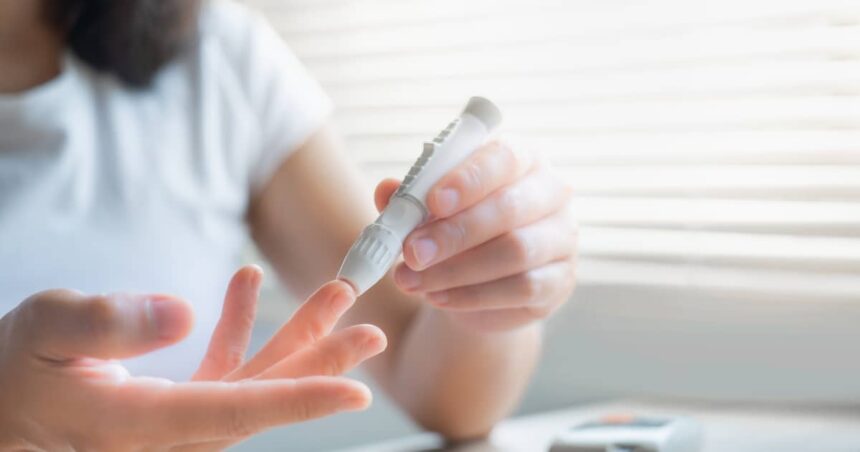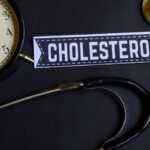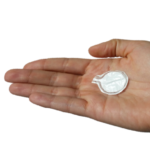Affected by each hyperglycemia and hypoglycemia is sort of an anticipated a part of life with diabetes.
Nevertheless, reactive hypoglycemia differs from regular hypoglycemia ranges as folks with diabetes encounter completely different underlying causes.
On this article, we’ll clarify every thing you should find out about reactive hypoglycemia: what it’s, the best way to handle it, and the best way to higher stop it.
Signs of hypoglycemia
You will need to acknowledge signs of hypoglycemia earlier than hypoglycemia turns into an emergency.
Hypoglycemia is often outlined as blood glucose ranges beneath 70 mg/dL. Even folks with out diabetes can expertise hypoglycemia!
Listed here are some notable indicators:
- Shakin
- Dizziness
- nervousness
- It is tough to pay attention
- sweating
- confusion
- Fast Heartbeat
- Feeling weak point and excessive fatigue
- It feels faint
- Hungry
- In extreme instances, lack of consciousness, coma, and loss of life
In case you endure from frequent hypoglycemia and don’t endure from diabetes, it’s best to seek the advice of your physician.
What’s reactive hypoglycemia?
Reactive hypoglycemia (also called post-meal hypoglycemia) is a sort of hypoglycemia that happens after meals, often 2-5 hours after ending your meal.
That is completely different from the hypoglycemia of fasting. The trigger is that an excessive amount of insulin is launched within the meals that’s eaten.
There are three several types of reactive hypoglycemia.
Digestively reactive hypoglycemia – That is the type of reactive hypoglycemia that happens roughly two hours after the meal is completed.
Idiopathic reactive hypoglycemia – That is the type of reactive hypoglycemia that happens roughly 3 hours after the meal is completed.
Late reactive hypoglycemia – This type of reactive hypoglycemia happens 4-5 hours after the meal is completed.
What causes reactive hypoglycemia?
The researchers are unclear in regards to the precise reason behind reactive hypoglycemia. Nevertheless, individuals who typically endure from reactive hypoglycemia often endure from diabetes or diabetes and endure from gastrointestinal dysfunction, resembling gastroparesis.
Moreover, individuals who don’t endure from diabetes however have hormone deficiency may additionally endure from reactive hypoglycemia.
Reactive hypoglycemia will be attributable to gastric bypass or ulcer surgical procedure, particularly when recovering from cancerous tumors, extreme alcohol consumption, or surgical procedure.
Reactive hypoglycemia often happens extra ceaselessly in chubby and overweight folks. The truth is, affected by reactive hypoglycemia, notably late-stage reactive hypoglycemia, can enhance your danger of growing diabetes.
How can I handle reactive hypoglycemia?
In case you have reactive hypoglycemia and don’t suppose you have got diabetes, ask your physician about getting a blended resistance take a look at (MMTT).
Right here, they offer you a candy drink made to boost blood sugar ranges, permitting your physique to supply extra insulin. Your physician will intently monitor your blood sugar ranges over the following few hours to see if there are spikes after which crashes.
It might drop an excessive amount of after just a few hours after taking the liquid (beneath 70 mg/dL), which generally is a signal of affected by reactive hypoglycemia.
In case you presently have insulin-dependent diabetes, discuss to your physician about decreasing the insulin-to-carbohydrate ratio, taking long-acting insulin, or each.
In case you endure from hypoglycemia after meals, you have got diabetes, however in case you are not utilizing insulin, discuss to your physician in regards to the potential decreasing of diabetes medicine.
Nevertheless, if you happen to’ve tried all of that and nonetheless have a failed remedy, beneath are some methods for implementation that can assist you handle reactive hypoglycemia.
You will need to notice that there isn’t any scientific “remedy” for reactive hypoglycemia, however solely strategies that diminish the pancreas’ response to meals that assist stop such hypoglycemia after meals.
First, deal with hypoglycemia
Repairing reactive hypoglycemia generally is completely different from treating acute episodes of hypoglycemia.
Eat not less than 15 grams of fast-acting carbohydrates, resembling glucose tablets, juices, or different sweets like candies, and take a look at your blood sugar ranges once more to verify it is rising.
In case you’re dangerously low and your blood sugar ranges will not be responding to fast-acting glucose, name 911 instantly and have somebody offer you glucagon.
Eat smaller, extra constant meals
Attempt to eat meals and snacks each 2-3 hours. That method, do not starve. If you eat, make sure that it is an enormous meal and never an enormous carb dump. This helps stop the pancreas from being an excessive amount of insulin, leading to decrease blood sugar ranges.
You do not eat all day, and consuming a breathtakingly great amount of meals will increase reactive hypoglycemia assaults and plummets your blood sugar ranges whilst you’re prepared for sleep.
Concentrate on fat and proteins
When consuming or consuming snacks, make sure that it is full of protein and wholesome fat, not easy carbohydrates.
Diets and snacks with many processed added sugars and carbohydrates require extra insulin, which is extra more likely to result in reactive hypoglycemic episodes.
Wholesome proteins and fat embody meals resembling salmon, full-fat dairy merchandise resembling Greek yogurt, peanut butter, and seeds and nuts, in addition to further virgin olive oil, coconut, avocados and lean meat.
You possibly can simply make meals round these groceries by including lush greenery and colourful greens that don’t trigger blood sugar and insulin spikes.
In case you drink alcohol, do not do this on an empty abdomen
If you’re vulnerable to hypoglycemic ranges and reactive hypoglycemia and luxuriate in ingesting alcohol, at all times drink it with meals.
Alcohol can decrease blood sugar ranges and put diabetics (even with out!) liable to hypoglycemia if you do not have something to eat for a number of hours.
Higher but, alcohol and high-fat, high-protein snacks will assist guarantee smoother blood sugar ranges all through the evening. Suppose cheese, olives and uncooked greens with hummus and with wine.
Train recurrently
You will need to do common train that can provide help to preserve constant blood sugar ranges all through the day. You purpose to train early within the morning or afternoon, the place you might be most definitely to be insulin resistant (and you’re the least more likely to be decrease).
If you’re scuffling with reactive hypoglycemia after dinner, it isn’t the perfect time to train. Nevertheless, establishing an train routine on the identical time day-after-day will provide help to be taught out of your physique how to answer each carbohydrates and bodily exercise, decreasing the possibilities of extreme hypoglycemic ranges.
In case you’re undecided the place to begin, discuss to your physician about growing an train routine that works for you and your way of life.
Conclusion
Reactive hypoglycemia is a sort of hypoglycemia that happens after meals.
Folks can endure from this situation with or with out diabetes, however those that are chubby or overweight, have prediabetics, have gastrointestinal issues resembling diabetes or gastroparesis, and are recovering from surgical procedure is widespread. There’s alcoholism, or a cancerous tumor or hormonal imbalance.
There are a number of methods to handle reactive hypoglycemia. In case you have first diabetes, decrease your diabetes medicine or insulin. Speak to your physician about how to do that safely.
Deal with hypoglycemia ranges beneath 70 mg/dL instantly and name 911 in case you are experiencing extreme hypoglycemia that isn’t responding to remedy.
In the long run, you possibly can select to eat a smaller, extra constant eating regimen centered on wholesome fat and proteins, train recurrently within the mornings, and drink alcohol alone together with meals.
By taking these strategic measures, you possibly can handle reactive hypoglycemia and forestall it from taking up your day.









